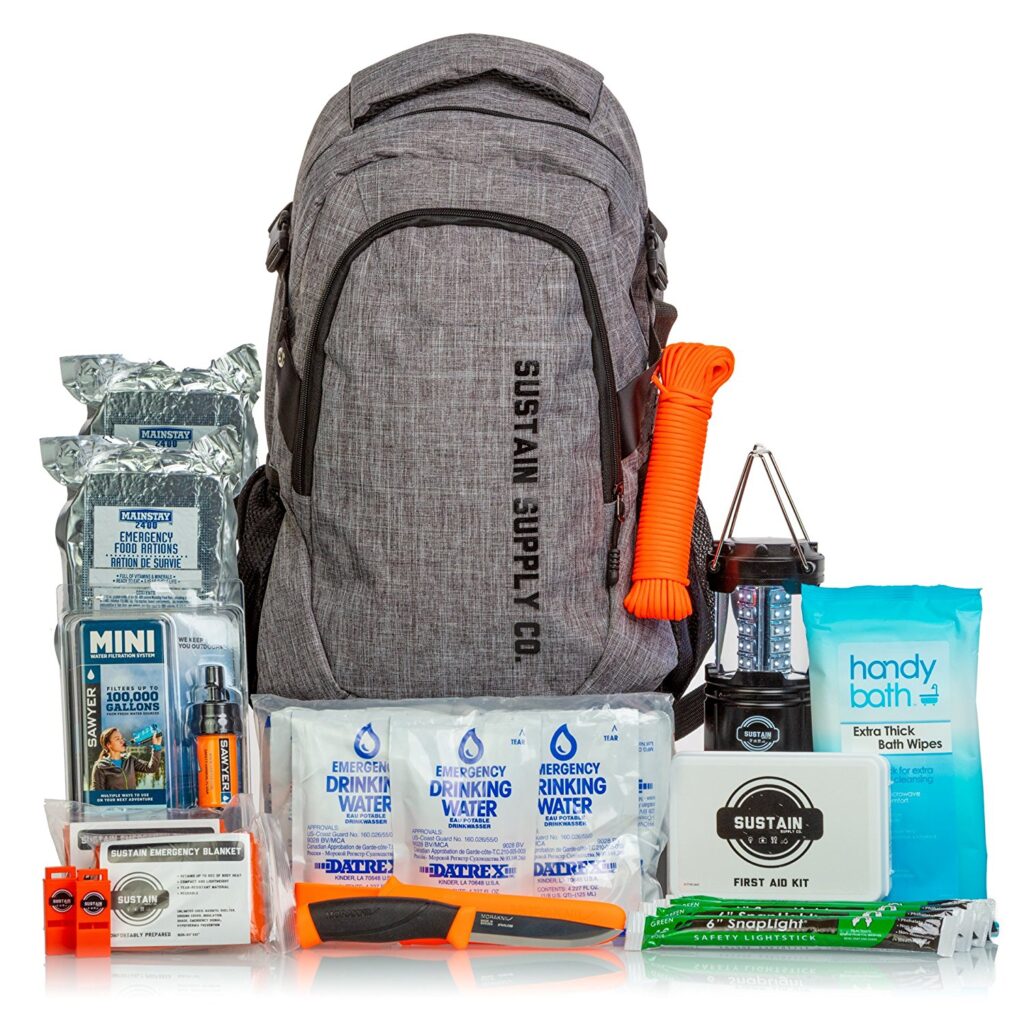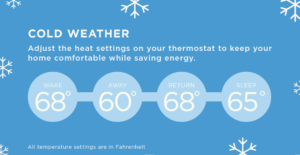Can Renters be Preppers

The term Prepper evokes the image of some unhinged person living in the backwoods, shunning society, and living off the land. That is not entirely accurate. A prepper is actually a person or group of people who worry that disaster is going to strike in one form or another in the future. They make plans to be able to survive when it hits. When the pandemic came along and required us all to lockdown, a disaster became reality. Thus, it makes sense to take some precautions in preparation for the next event, no matter what it may be.
The type of disaster is unlimited and may differ for different regions. It may be as personal as an unexpected job loss or death in the family, or as profound as the worldwide pandemic. It could be natural like an earthquake, hurricane, tsunami, tornado, or meteor strike. Or man-made like wars, lockdowns, or martial law. Fires can fall into both categories.
It could also be something implausible like a space alien invasion or a zombie apocalypse. Highly unlikely but can you rule it out? What would you do in those situations? Nothing is too “out there” to consider because up until September 11, 2001, who thought anyone would fly a plane into a building? Make preparations for what you consider your most likely threats where you are now.
In uncertain times, it makes sense to hope for the best but prepare for the worst. Building an underground bunker under your rental apartment would upset the downstairs neighbors and the landlord (and violate your lease), but you still have options to prepare for potential problems. It is better to have “it” and not need it than to need it and not have it. The tricky part is figuring out what the “it” is for your situation. The essential basics are food, clothing, and shelter. Your personal situation may add other necessities.
What Are My Potential Problems?
The first question is what would you need to survive an extended period if you had no access to help. Could you stay warm or cool if you had no power? How would you cook or keep from losing all the food in your fridge or freezer? Would you have enough supplies on hand if you weren’t able to leave your home? Do you have supplies ready to roll if you have to evacuate such as for a fast-moving fire? How do you get water if the tap stops flowing? Water systems often rely on power to pump water to where it is needed.
In the last two years, we all saw lockdowns due to a pandemic. Getting to the store to get food was a challenge. In some places in China, people starved because their lockdowns were so severe that people could not leave their homes to get any supplies.
You will also need to consider sanitation and any medical issues or medications. And if you have children or pets, you may have additional needs that could include baby formula, diapers, and pet food. Most disasters are short-term problems where necessities are restored in hours or days. What would you do if it lasted longer?
What Should You Store?
Having a 72-hour kit on hand is a great idea but that isn’t enough for an extended period. Also, freeze-dried foods will do you no good if you have no water to rehydrate them or if your family won’t eat them. A simple way to start is to buy extras of what you already use. An extra can of tuna fish or a box of noodles can be put into your food storage with some bottles of water. To see if what you have gathered works for you, try a two-week test using just your prep items to see where you fall short and adjust your efforts accordingly.
You don’t have to buy everything at once, especially if you are on a tight budget. Start with just a couple of items each time you shop. Consider your personal needs and those of your family members. Include food, water, medicine (including prescriptions), and pet food (if you have pets). Blankets and bandages, candles and matches, and flashlights and batteries are all items to consider. Will you want weapons? If so, make sure you know how to store and use them safely. What will you do for sanitation if you can’t flush your toilet or wash your hands?
Where Can You Store It?
If you own your own home, feel free to build that underground bunker. If you rent, you still have options. You can store your rainy-day supplies on the shelf above your clothes in the closet. There are boxes designed to fit under beds for your storage. You can even get risers to make beds higher and give you more room underneath. Consider converting a linen closet into a pantry and place the linens under the bed instead. Dedicate some shelves in the garage or the kitchen to food and supply storage. Keep in mind excessive heat or cold temperatures can reduce the shelf life of some food storage. Also, consider pests like mice and use containers that discourage them from eating your food or nesting in your spare blankets.
Do I Have to Prep?
The simple answer is no. But if another disaster strikes, you will be much better able to handle it if you have made some simple preparations beforehand. You can buy food storage or you can make your own as you go. You can try to rely on the government but it has proven unreliable for helping everyone in a disaster situation in a timely manner. It is a better option all around to take care of you and yours without expecting outside help.
Living in a rental property does not mean you can’t prepare for the unexpected. It means you will have some challenges in doing so but there are multiple resources available to help you consider what you might need. You can find some very interesting articles with both good and some questionable suggestions. FYI, you probably don’t need a shovel/saw combo for the zombie apocalypse. A few beginner articles are listed in the resource section and many more are available online or in bookstores. Take any advice given and adjust it to fit what you feel you may need. The Property Manager in Durango can help you find the perfect property to fit your needs and you can take it from there.
Resources
https://commonsensehome.com/prepping-on-a-budget/
https://morethanjustsurviving.com/apartment-prepping/
https://urbansurvivalsite.com/survival-items-every-new-prepper-should-get/



